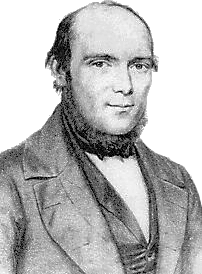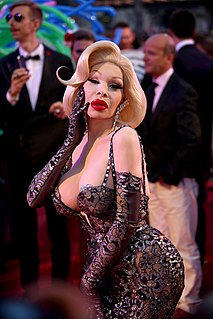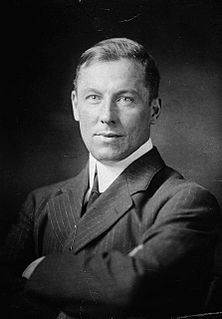A Quote by Orson F. Whitney
The commonest error made in relation to poetry is that it consists simply in verse-making. Many confound the casket of meter and rhyme with the jewel of thought which it encloses, and, perhaps, in some instances, after close investigation, they have found the casket empty and turned away with feelings of disappointment and disgust.
Related Quotes
[Rhyme is] but the invention of a barbarous age, to set off wretched matter and lame Meter; ... Not without cause therefore some both Italian and Spanish poets of prime note have rejected rhyme, ... as have also long since our best English tragedies, as... trivial and of no true musical delight; which [truly] consists only in apt numbers, fit quantity of syllables, and the sense variously drawn out from one verse into another, not in the jingling sound of like endings, a fault avoided by the learned ancients both in poetry and all good oratory.
A glance at the history of European poetry is enough to inform us that rhyme itself is not indispensable. Latin poetry in the classical age had no use for it, and the kind of Latin poetry that does rhyme - as for instance the medieval Carmina Burana - tends to be somewhat crude stuff in comparison with the classical verse that doesn't.
A glance at the history of European poetry is enough to inform us that rhyme itself is not indispensable. Latin poetry in the classical age had no use for it, and the kind of Latin poetry that does rhyme - as for instance the medieval 'Carmina Burana' - tends to be somewhat crude stuff in comparison with the classical verse that doesn't.
To love at all is to be vulnerable. Love anything and your heart will be wrung and possibly broken. If you want to make sure of keeping it intact you must give it to no one, not even an animal. Wrap it carefully round with hobbies and little luxuries; avoid all entanglements. Lock it up safe in the casket or coffin of your selfishness. But in that casket, safe, dark, motionless, airless, it will change. It will not be broken; it will become unbreakable, impenetrable, irredeemable. To love is to be vulnerable.
One of the interesting things about the history of poetry in the 16th, 17th, and 18th centuries is that people who read liked getting their information in rhyme just as much as in prose. The genre that we would think of as nonfiction often was written in verse in forms like the Georgic when people thought that one of the tasks of poetry was conveying arguments and information in a pleasant way.





































